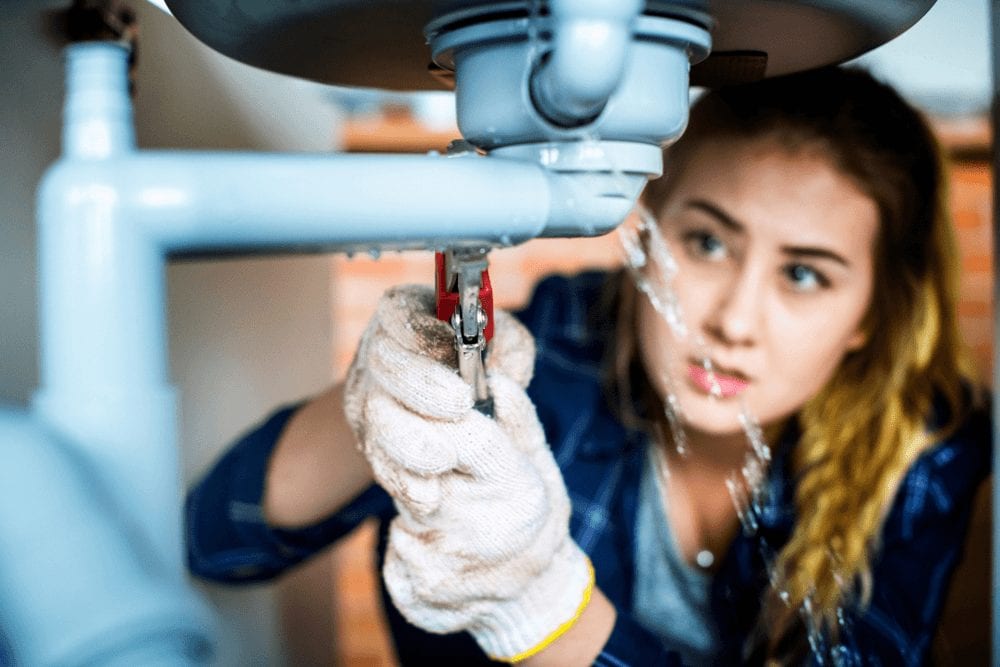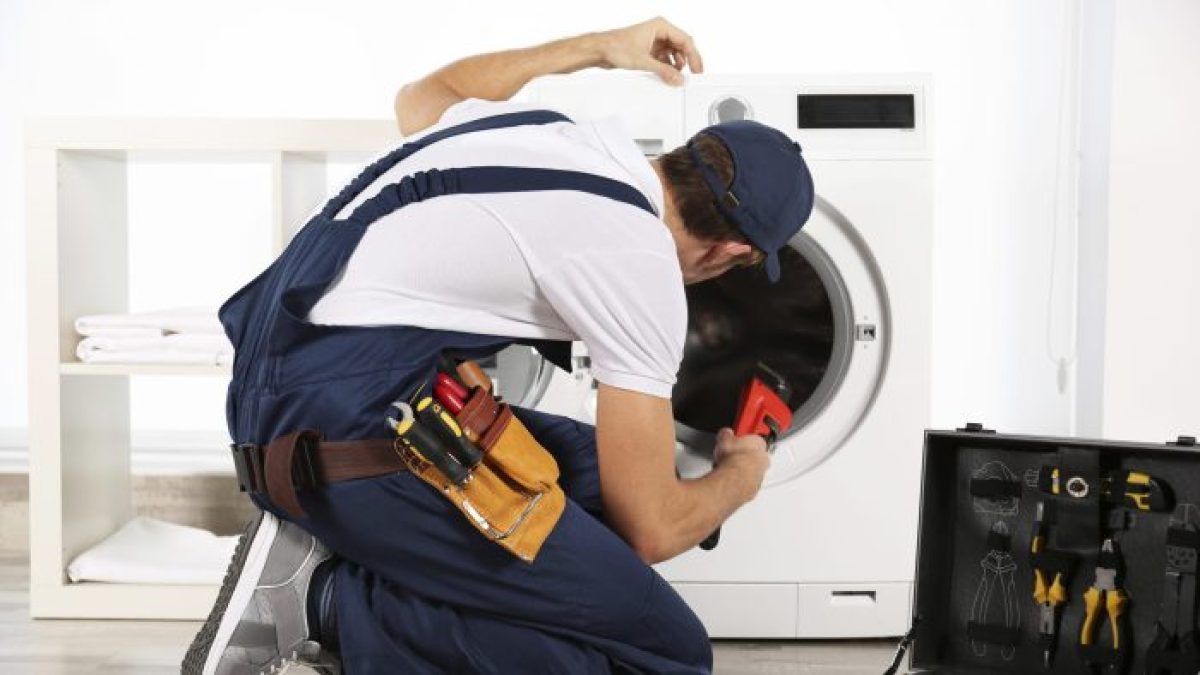Contact Us Today
This great article in the next paragraphs in relation to Ways to Make Your Pipes Last Longer is especially informative. You should see for yourself.

The trick to long-term devices, unsurprisingly, appertains maintenance. There's no hard and fast guideline that can ensure your plumbing devices a long wear, but you can avoid unneeded damages and also fixings by preventing poor plumbing practices.
You should stop doing these 6 points else you'll maintain calling your plumber over for minor faults.
Flushing every little thing
Yes, your bathroom drainpipe causes the sewers, yet that doesn't mean you must dispose simply anything away. Several 'flushable' products are in fact wonderful obstruction beginners, as an example floss. Asides maintaining noticeable non-flushable products like cords as well as plastics out of your bathroom, you must likewise avoid flushing cotton buds, menstruation items, wipes, daipers as well as prophylactics down the commode drain.
Pouring grease in the sink
We understand effectively taking care of oil after a hearty meal is a pain. But simply putting it away can do lasting damage to your pipes. "The fat and oil can block your drain badly adequate to require you to call a plumber," discusses Dawson. "Plumbing works best when it's well cared for-- not abused with oil."
Utilizing excessive drain cleaner
Making use of a drain cleaner more than one or two times a month is an indication that something serious is taking place within your pipelines. Now, instead of encountering the primary issue, you go with a quick fix; a fizzy drain cleaner. Rightfully, a drainpipe cleaner will look after the obstruction, however at what cost?
The chemicals in a drainpipe cleanser can speed up the rust of your pipes. Include that to whatever underlying issue is causing the obstruction and you might have to a significant problem on your hands.
If you experience a lot of clogs, call your emergency plumber instead of making use of a drainpipe cleaner.
Not washing recipes prior to loading them into the dishwasher
it's called a dishwasher, however throwing in recipes, pots, and frying pans covered in huge food particles can really cause some major damage to the appliance, resulting in long-lasting problems down the line. "Property owners may need to get their dishwashing machine repaired more often if they do not rinse their recipes prior to loading, or at least get rid of bigger food pieces," explains Audrey Monell, owner of Forrest Anderson Plumbing and also AC in Glendale, Arizona. "Food that gets stuck on recipes triggers the dishwashing machine to work harder, which can wear down parts much faster, resulting in issues."
DIYing whatever
With plumbing, a stitch in time really does save 9. You can avoid a fullblown plumbing emergency by calling your plumber at the correct time.
You may have discovered a couple of plumbing hacks from your dad, yet you ought to know where to draw a line and also call an expert. For example, you might be able to deal with a clog yourself, however you should not attempt to transform a pipeline. You could mismatch pipes or overtighten a bolt, creating even more injury and damage than you thought. Calling a plumber is a risk-free as well as cost effective decision.
Not changing your dishwashing machine hose pipes
One simple method to ensure that you use your dishwasher for years is to replace the hose pipe a minimum of when in five years. This also requests washing device hoses.
Gradually, food particles, soap and oil can form blockages within your pipes. Replacing them on time will certainly protect against any kind of presure develop that can damage the interior functions of your dish washer or cleaning machine.
An enhanced steel intertwined hose does an excellent task of lengthening your equipment's usage time.
No winter season preventative measures
Severe weather misbehave for your pipelines, particularly if they're constructed from steel. You must protect your subjected pipelines, and your water container, even if you have a hot water heater. You should likewise shut off your yard pipe shutoff and also any other exterior water networks. These networks are outlets for cool; you pipelines can start to ice up from outside if you don't.
How Hard Water Damages Your Plumbing and Appliances
Hard water is no stranger to most households across America. This silent invader affects 85% of homes in the United States every day, wreaking havoc on pipes, plumbing fixtures, and water-using appliances.
Should you become a victim of hard water, you must understand exactly what it is and how it affects your plumbing and appliances. This will help you determine the correct measures to put in place to fix or prevent any problems that may arise.
First off, what exactly is “hard” water?
In short, “hard water” is used to describe water that contains relatively high amounts of dissolved minerals, primarily calcium and magnesium, and a host of trace metals. When rainwater falls from the sky (usually in a pure form), it absorbs the hardness minerals from rocks and soil, which changes it from soft to hard water.
What about my plumbing and appliances?
Mineral deposits from hard water can cause buildup on tubs, shower, sinks, faucets. But that’s only a small scratch of the surface. Those minerals can gradually build up inside pipes, fixtures, water heaters, washing machines, and dishwashers. Once they accumulate in those areas, they can clog pipes and create major problems throughout your plumbing system, from reduced water flow to increased pressure on pipes and fixtures.
This limescale buildup might affect some appliances, causing them to operate less efficiently and wear down faster. And the result? Higher energy bills, more (costly) plumbing replacements and repairs, and damaged appliances.
Keep in mind that certain types of plumbing are more susceptible to clogging than others. Copper, PVC, and PEX pipes are more resistant to hard water buildup and corrosion, but they can still get clogged or completely blocked by scale deposits.
How do I know if my water is hard?
White limescale buildup on plumbing fixtures (or any of the other signs mentioned above) is usually a good sign that your water is hard. If you suspect that you have hard water, you can simply shake up a small amount of dish soap and water in a closed container. If the mixture doesn’t create a lot of suds, you probably have hard water.
The most precise method, however, is to test your water with a DIY test kit (sold online or at local home centers or hardware stores) or send a water sample from your tap to a local lab to be tested. Be sure that you understand the nature of the test, the water condition being measured, and the significance of the test results.
Another way to obtain an estimate of water hardness is to check your annual water quality report to see if your water provider has reported any instance(s) of water hardness in your water supply.
https://www.springwellwater.com/how-hard-water-damages-your-plumbing-and-appliances/

I have been very fascinated by Leak Detection and Repair Without Destroying Your Home and I am praying you liked the new piece. Sharing is good. Helping people is fun. Thanks for your time. Visit us again soon.
Browse Our Site